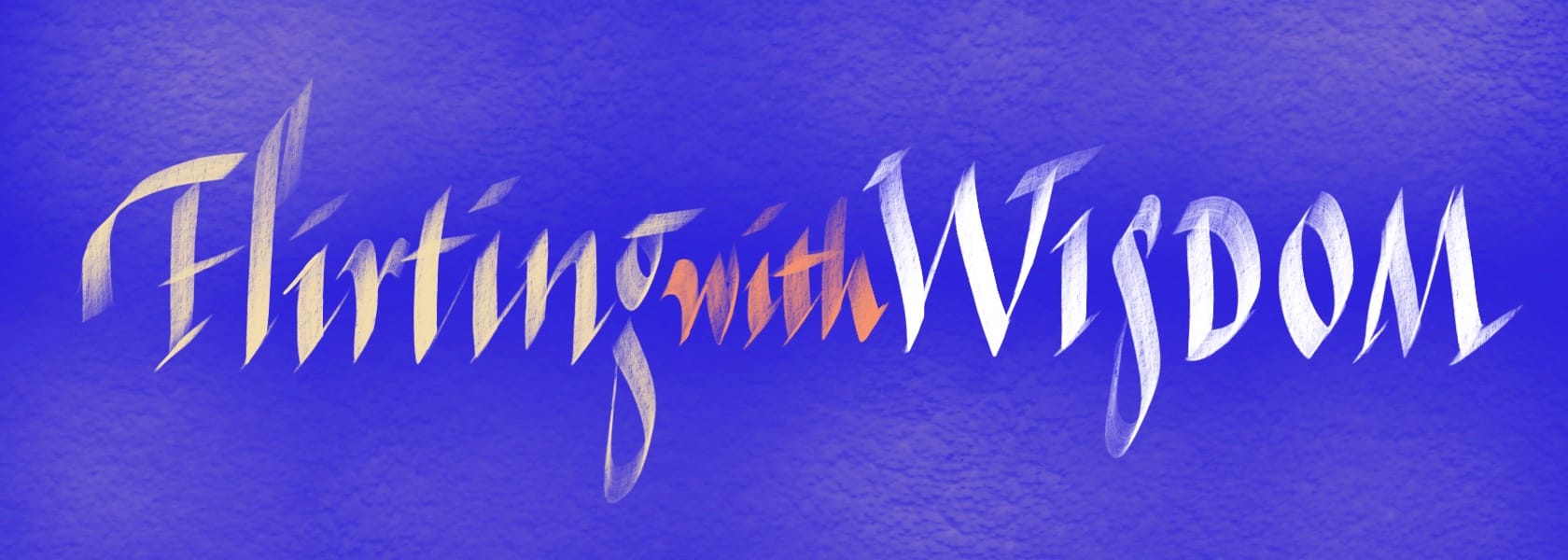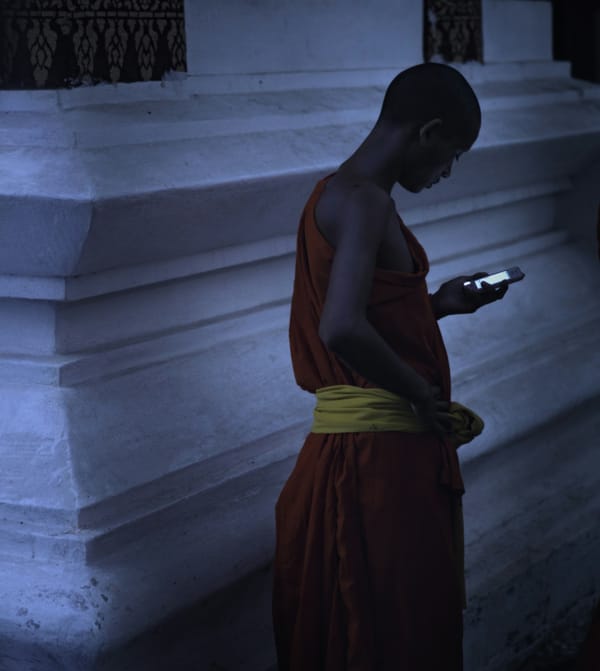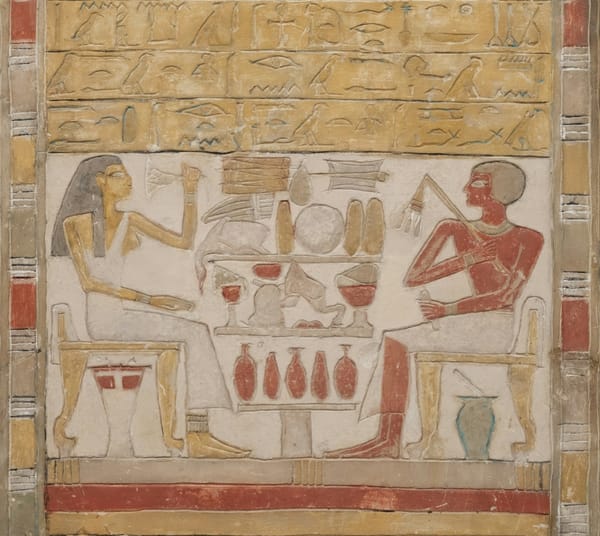You would be hard pressed to find something more memorable than the phrase ‘the seven deadly sins’ – which is more than can be said of the man who invented them. Ever heard of Evagrius Ponticus? I thought not.
Yet, sometime in the fourth century, Evagrius came up with a list of things that got in the way of a spiritual life: lust; gluttony; avarice; sadness; wrath; sloth; vainglory; and pride.
According to accounts of Evagrius’s life, he was intimately acquainted with a good few of these, having fled his comfortable home after a dream warned him that an angry husband was seeking his arrest. One thing led to another, and eventually he became a monastic recluse on a (literally) killer diet, living (and then dying) in the Egyptian desert.
Now, the eagle-eyed may have spotted a small issue. Evagrius was responsible for the concept, but his version is actually known as ‘The Eight Principal Vices.’ Memorable, to an extent, but not quite right.
Clearly Pope Gregory the First felt so too. In the sixth century he cut the list by one and rebranded it. It was now the Latin equivalent of the Seven Deadly Sins (or, if you don’t respond to the word ‘sins’, then call them ‘our Seven Worst Weaknesses’).
In the sixth century he cut the list by one and rebranded it. It was now the Latin equivalent of the Seven Deadly Sins.
The list consisted of vainglory, lust, gluttony, greed, sloth, wrath and envy. Gregory had added envy, and folded Evagrius’s notion of sadness into sloth, while treating pride as the overarching vice that encompassed them all. Subsequently, however, pride was pulled back into the list, and vainglory was combined with it.
I can’t help feeling that someone made a mistake in relegating vainglory (defined as excessive vanity) to being just a subset of pride. If ever there was a weakness or sin suited to our time, it is vainglory. Think Facebook, Tik Tok, X or Instagram. Who is not a slave to the likes? Most of us crave that outward sign of attention. Yet, in doing so, we are indulging in vainglory.
Granted, it is likely that pride is involved too, but I would still prefer to separate vainglory and pride, because they are not identical. Pride is more about one’s self-belief. Vainglory is related to how others perceive us. We all want to be liked, but becoming obsessed by it is not healthy. That’s why Evagrius defined it as a sin.
Whereas the seven deadly sins have landed firmly in the collective memory, neither the four cardinal virtues nor the seven capital virtues have achieved the same level of cut through. They are, quite simply, nowhere near as much fun.
We have inherited a rather puritan attitude to rooting out sin and seem to take pleasure in finding one another’s weaknesses. But maybe it would be better to focus instead on the virtues that we should be putting some effort into.
But maybe it would be better to focus instead on the virtues that we should be putting some effort into.
Technically, each of the seven virtues acts as an antidote to one of the sins: charity cancels greed; chastity overcomes lust, etc. Hence, it is worth thinking about which virtue might cancel out vainglory.
Traditionally this is thought to be humility, which is the opposite of pride. But, if you accept that vainglory is not quite the same as pride, then perhaps we need a different virtue to counteract it.
To me that virtue is generosity. It’s not one of the capital virtues, just as vainglory is not now one of the deadly sins. But it works as an antidote.
Sharing what we do out of a spirit of generosity is quite different to sharing because we crave attention. It is about recognising we have something of value (be that ever so small) and offering it freely. As I mentioned in a previous essay, it’s like turning the lucky horseshoe upside down and emptying it out on others, not hoarding it for oneself.
If there were a way of measuring our moral progress (and philosophers debate if this is possible) then increased generosity would be a good touchstone. At all events, in our contemporary culture, generosity provides a good way of putting some of the virtue back into the virtual.
Evagrius may have removed himself to the desert and practised humility and self-denial, but it did not stop him writing and sharing his ideas with others. That was generosity at work.

Each vignette invites readers to embrace the beauty of unfinished thinking and the art of holding life’s ongoing questions.











Member discussion